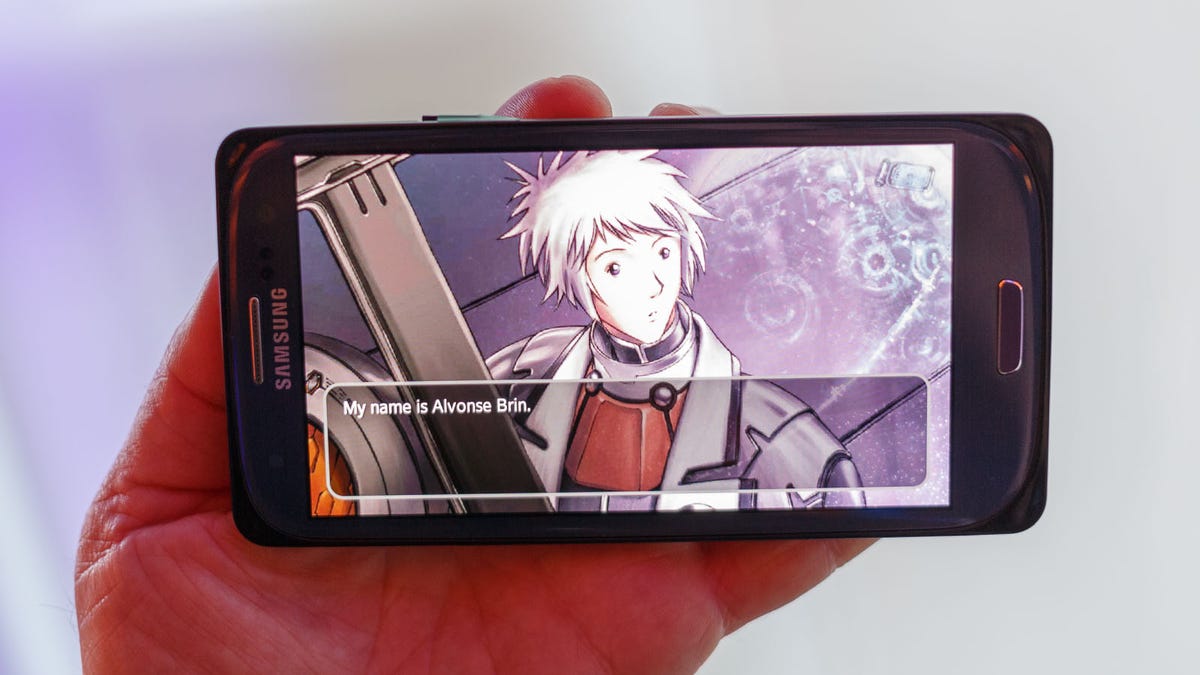Samsung still 'evaluating' a Tizen phone for this year
The Korean electronics giant has delayed its Tizen handset many times but has introduced two new smartwatches with the software.

The Korean electronics giant has been working on such a device for months, but the product continues to face delays. The company most recently said it would release a phone in February. But instead, Samsung made its first Tizen push with wearables. It's still working on a Tizen-based phone, but just when that will launch is unclear.
"We are carefully evaluating the market needs and opportunity to introduce the Tizen-based smartphone during this year," Young-hee Lee, head of marketing for Samsung's mobile business, told CNET in a statement.
She didn't provide anything specific about timing or plans.
No matter when a Tizen device launches this year, it will still be much later than Samsung had planned. The company intended to introduce its first Tizen phone by September 2013, but it delayed the product several times to improve the hardware and boost the app store. As recently as November, Samsung said it would introduce a Tizen smartphone in February. However, the company is not launching a phone this week at Mobile World Congress. Instead, it has opted to introduce its Tizen-basedJongdeok Choi, Samsung executive vice president and deputy head of the company's software R&D center, told CNET on Sunday during a Tizen Association event at Mobile World Congress that all of the technology is ready. However, he said he couldn't specify when a Tizen phone would actually hit the market.
In addition, Intel President Renee James told CNET that it's up to Samsung to determine when a Tizen phone that the two companies have been developing together will be released. Intel and Samsung are the two main proponents for the open-source Linux operating system, and they've been working on a phone for months.
"They have always been the productizer," James said. She deferred to Samsung but said that "they are moving forward. No change on that."Tizen is one of several upstart operating systems attempting to break into the market. Initially, it was seen as a smartphone platform that carriers could use to market their own services, offering an alternative to Apple's iOS and Google's Android. The operating system can also give Samsung more independence from Google and allow it to make more money from its own software and services.
However, part of the problem with Tizen in phones has been carrier support. Many wireless companies -- such as Orange and Vodafone -- are part of the Tizen Association, but there also have been some high-profile setbacks. Sprint joined the Tizen Association, quit, then later rejoined. Other carriers, such as Telefonica, have quit and never returned, and even more have expressed concerns about Tizen's progress.
Check out CNET's full coverage of Mobile World Congress.
NTT DoCoMo, Japan's largest carrier and an early proponent of Tizen, in January scuttled its immediate plans to launch a Tizen-based smartphone. The company, which said it continues to support Tizen, made the move because of the lack of consumer demand beyond Android or Apple's iOS.
Now, Tizen is viewed by Samsung as its platform to power everything from TVs to appliances, as well as mobile devices. It decided to introduce the software first in its smartwatches because such devices don't require carrier support or a huge number of apps. And Tizen is "lighter" than some other operating systems, which helps battery life, Samsung's Choi said.
"Tizen is for almost everything," Choi said. "That's the vision."

